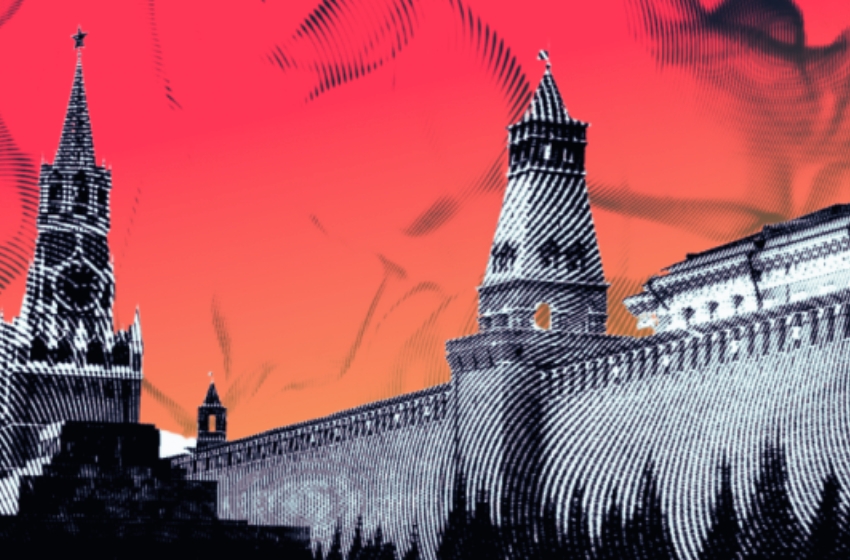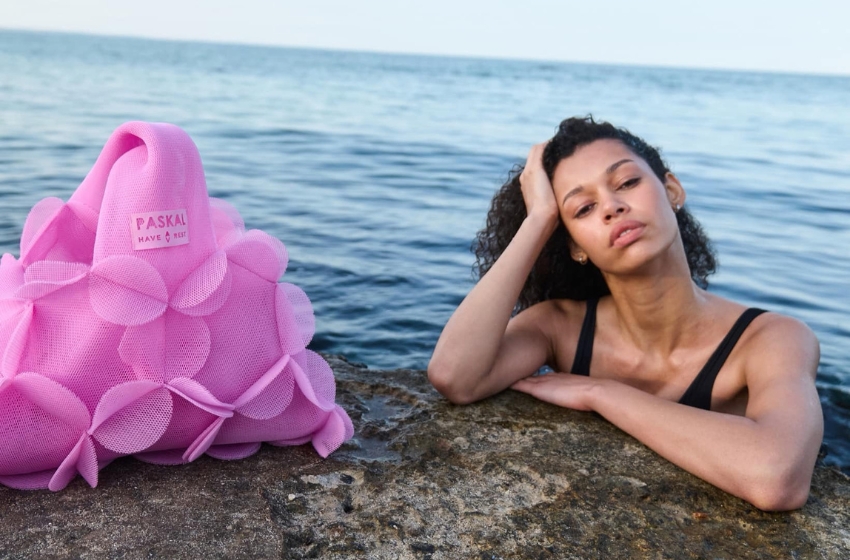As noted above, in earlier times, the Black Sea, or Pontos Axeinos was known as the hospitable sea. This statement holds true for both sailors and exotic sea dwellers. For many of them, the Black Sea became a better place for living than their homeland (or as biologists say, natural habitat), no matter whether they got there accidently or on purpose. Many transplanted species integrate into local ecosystems without significantly changing anything. For example, molluscs such as the sand gaper (Mya arenaria) from the North Atlantic and anadara (Anadara kagoshimensis) from Indonesia have settled in the Black Sea and are now a naturalised part of its fauna. But sometimes non-indigenous species reproduce so actively that they can compete with local species until the last are completely forced out. These invasive species destroy those local flora and fauna who are simply not prepared for the pressure of a new neighbour.
The Black Sea’s history contains more than one example of bio invasions – e.g. the so-iuy mullet (Planiliza haematocheila) brought from the Pacific Ocean was a very serious competitor to local mullet species, so much so that local mullet species had to be classified as protected in some Black Sea countries. The predatory gastropod mollusc rapana (Rapana venosa) completely destroyed the oyster population and influenced the mussels’ stocks quite badly. But the most significant damage was caused by the accidental invasion of the warty comb jelly (Mnemiopsis leidyi), which was detected for the first time in the Black Sea at the end of the 1980s. This typical species of the jelly-bodied (more that 99% of its body consists of water like that of jellyfish) is an active predator eating plankton, fish eggs, and larvae. The natural habitat of this species is comprised of desalinated gulfs along the North America Atlantic coast. Due to its extremely high fertility and growth rate, the total mnemiopsis mass in the Black Sea by the end of the 1980s was close to 1 billion tonnes. Considering such a population size, the comb jelly became a serious competitor to pelagic fish, and a menace to their survival as the mnemiopsis consumed fish eggs and larvae. In 1989-1990, this led to a catastrophic decrease in European anchovy (Engraulis encrasicolus) catches. Only at the end of the 1990s, when another species of comb jelly from the North American waters – beroe (Beroe ovata) invaded the Black Sea, did the mnemiopsis population diminishe and anchovy populations began to recover. This phenomenon is explained by the fact that beroe in its natural habitat consumes mnemiopsis, and each year eats away up to 25% of its population.
New species enter the Black Sea in several ways. Firstly, via natural migration from the Mediterranean Sea through the Bosphorus. That is how the majority (80%) of modern fauna that are considered ‘aboriginal’ to the Black Sea were introduced. Moreover, this process of migration continues to this day. Before the Black Sea was connected to the Mediterranean (about 5,000-7,000 years ago, which is not much on a geological time scale), it was inhabited with semi-freshwater fish now preserved in the Caspian Sea as well as the least salinated parts of the Black Sea; these semi-freshwater fish are called Ponto-Caspian relics, an exemplar of which is the sturgeon.

Another means of invasion is via transportation within ship’s ballast tanks. That is how rapana, mnemiopsis, beroe and others got into the Black Sea. The species to settle especially well in the Black Sea are those inhabiting deltas and river estuaries, where fresh water mixes with saline. The salinity of the Black Sea is half as high as the ocean, and thus, species coming to the sea discover something like a giant estuary; these introduced species therefore get an opportunity for profusion unavailable in their natural habitat.
However, the Black Sea not only suffers from introduced species, it is itself the source of biological invasions of other bodies of water, as shipping is carried out in all the cardinal directions, and ballast waters help to exchange flora and fauna between seas, spreading invaders across thousands of kilometres. Thus, Black Sea species (in particular, Ponto-Caspian relics) such as bivalves of the zebra mussel genus (Dreissena polymorpha, Dreissena bugensis) and round goby (Neogobius melanostomus) invaded the Great Lakes and became a real disaster in Northern America. Round goby several years ago was also brought to the Baltic Sea, where it acted as a noxious invader, affecting the fishing industries of all Baltic countries.
The publication was prepared with the financial support of the EU – UNDP project ‘Improving Environmental Monitoring in the Black Sea: Selected measures’ (EMBLAS-Plus). This publication was produced with the financial support of the European Union and UNDP. Its contents are the sole responsibility of the authors and do not necessarily reflect the views of the European Union or UNDP.
Authors: B. Aleksandrov, O. Adrianova, N. Atamas, V. Bolshakov, O. Bondarenko, I. Chernichko, V. Demchenko, S. Dyatlov, Y. Dykhanov, E. Dykyi, O. Garkusha, P. Gol’din, S. Hutornoy, V. Komorin, Y. Kvach, V. Mamaev, O. Manturova, O. Marushevska, A. Mikelyan, Yu. Mikhalev, G. Minicheva, I. Sinegub, T. Shiganova, J. Slobodnik, A. Snigiryova, M. Son, K. Vishnyakova, A. Zotov. Illustrator: I. Pustovar.






















